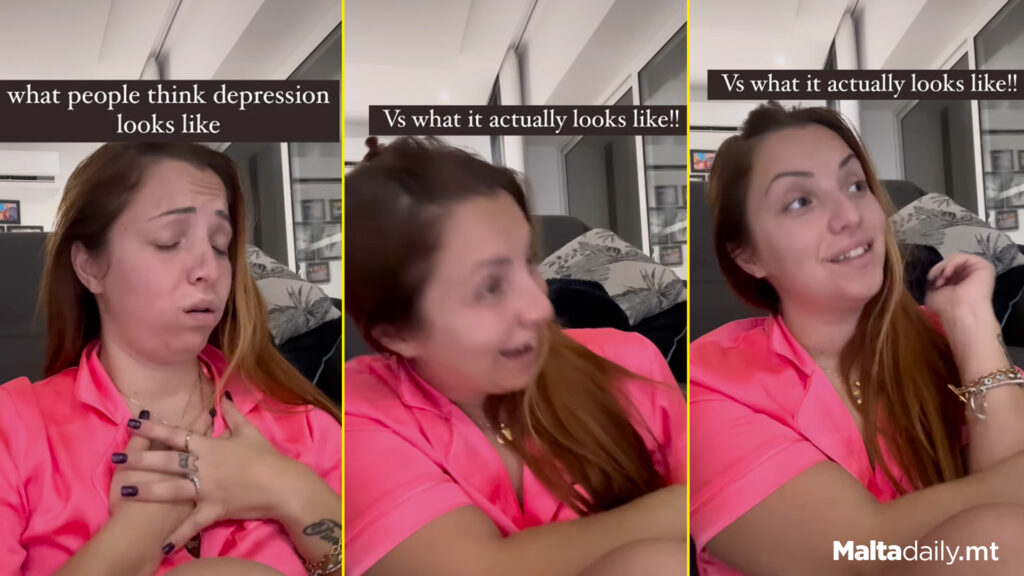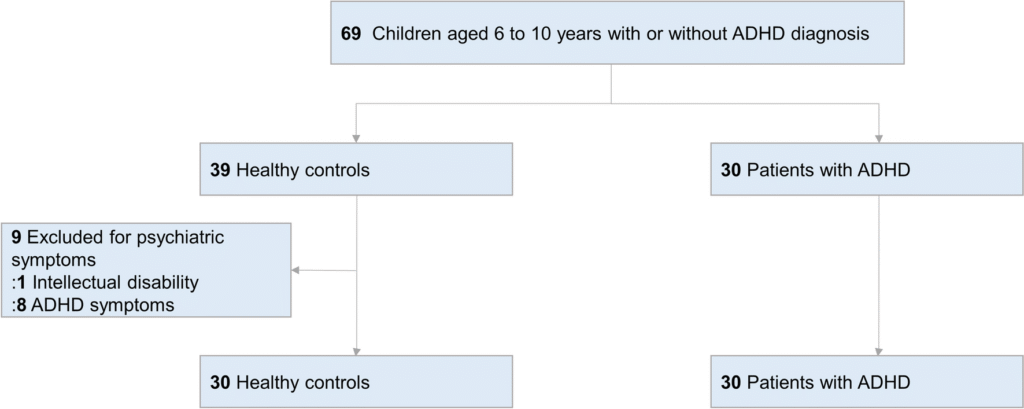I’m sitting at my kitchen table right now, drinking cold coffee that I forgot about for three hours, staring at the wall. Again. My therapist would call this “dissociating.” I call it Tuesday.
This isn’t some polished mental disorder awareness post. This is me – unwashed hair, mismatched socks, and a brain that sometimes feels like it’s working against me – telling you the real shit nobody talks about.
What Depression Actually Looks Like:

- It’s not poetic sadness. It’s wearing the same sweatpants for a week because doing laundry requires more executive function than I possess.
- It’s my phone filled with unread messages because responding feels like translating a foreign language.
- It’s ordering takeout again because the idea of washing a single dish makes me want to cry.
Anxiety Isn’t Just “Nervousness”:
Last Thursday I had a panic attack in the cereal aisle because there were too many oatmeal options. My rational brain knew this was ridiculous. My anxious brain was convinced choosing wrong would lead to catastrophe.
ADHD Reality Check:

- I have 17 half-finished notebooks because every time I see a new one, I’m convinced THIS will be the one that organizes my life.
- I’ve put “take vitamins” on my to-do list every day for three months. Still haven’t done it.
- Time blindness means I’m either 45 minutes early or 2 hours late – there is no in-between.
The Stuff Nobody Warns You About:
- Medication Roulette: We tried five different antidepressants before finding one that didn’t make me feel worse. The side effects? Let’s just say I now understand why some people quit.
- Therapy Isn’t Like the Movies: Some sessions I have breakthroughs. Others I spend staring at a tissue box trying not to cry.
- Invisible Labor: Calculating how much to share vs. oversharing. Pretending to be “normal” at work. The exhausting performance of being okay.
What’s Actually Helped (So Far):
- The 10% Rule: On bad days, I aim for 10% of what I “should” do. 10% of cleaning is putting one dish away. 10% of work is sending one email.
- Body Doubling: Having someone sit with me while I do basic tasks (yes, even showering). There’s no logic to why this works – it just does.
- Emergency Kit: Fuzzy socks, a playlist titled “DO NOT DELETE”, and a note from my past self that says “You’ve survived worse.”
To Anyone Reading This While Struggling:
I see you. The you who’s exhausted from pretending. The you who thinks no one would understand. The you who’s so tired of fighting your own mind.
Here’s what I need you to know:
- You’re not broken.
- You’re not failing.
- This isn’t forever (even when it feels like it).
A Small Request:
If you take nothing else from this, try this right now:
Breathe in for 4 counts.
Hold for 4.
Out for 6.
Do it with me. There – we just did something kind for our brains together.
Final Truth:
Healing isn’t pretty. It’s snotty crying jags and awkward therapy moments and medication alarms on your phone. It’s two steps forward, one step back, and sometimes face-planting on the floor.
But it’s also those unexpected moments when you catch yourself laughing genuinely. When you realize you’ve gone a whole hour without obsessive thoughts. When you can finally take a full breath without feeling like you’re drowning.
Those moments? They’re worth fighting for. And so are you.
P.S. If you’re reading this at 3 AM when everything feels hopeless – hang on. The world needs the particular kind of light only you bring, even if right now you can’t see it yourself.
“Is a mental disorder the same as being ‘crazy’?”
Absolutely not. Mental disorders are medical conditions, not character flaws. Would you call someone with diabetes “crazy”? Exactly.
“Can’t people just snap out of depression?”
If it were that easy, nobody would be depressed. It’s like telling someone with a broken leg to “just walk it off” – the brain is an organ that can get sick too.
“Do medications change your personality?”
Nope. Proper medication helps regulate brain chemistry – it doesn’t turn you into a zombie. Think of it like glasses for your brain.
“How do I know if I need professional help?”
If your thoughts/feelings regularly interfere with work, relationships, or daily life, it’s time to talk to someone. Needing help doesn’t mean you’re weak.
“What’s the best way to support someone struggling?”
Listen without judging, offer specific help (“I’m bringing dinner”), and avoid toxic positivity. Sometimes just sitting with someone in silence helps most.